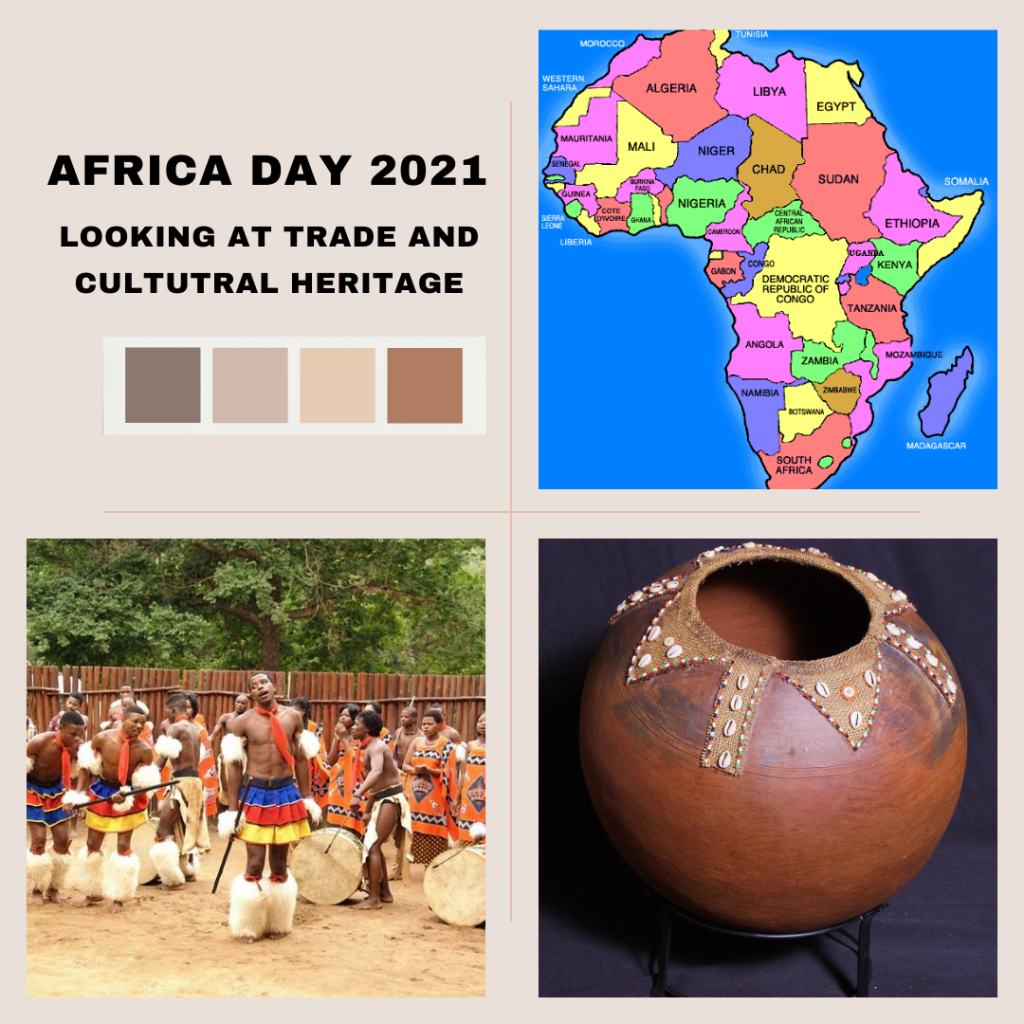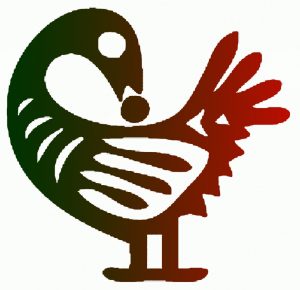What’s In A Name?
Gqeberha is the windy city, with beautiful harbors and beaches, found along the southern shoreline of South Africa’s Eastern Cape Province.
Until recently called Port Elizabeth, Gqeberha has got a name entrenched in a rich cultural heritage, and enveloped by a history which is a reflection of those who live in it.
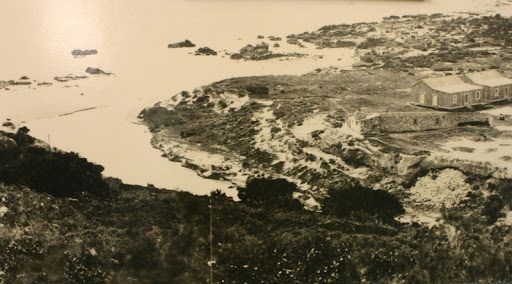
That history starts off with the Gqeberha River, a river whose name is worth examination. Breaking down the word Gqeberha to its parts, we find that “rha” refers to the water that was at the river mouth, water being integral to human life and human settlements world over.
Also found hidden in this word is “Umgqeba”. The umgqeba tree, known in English as Buddleja saligna is used traditionally for the healing of many ailments. However, being water-wise, it is not often found near water. Therefore it’s location near the river mouth became an easy reference point – and from this, the name was spawned.
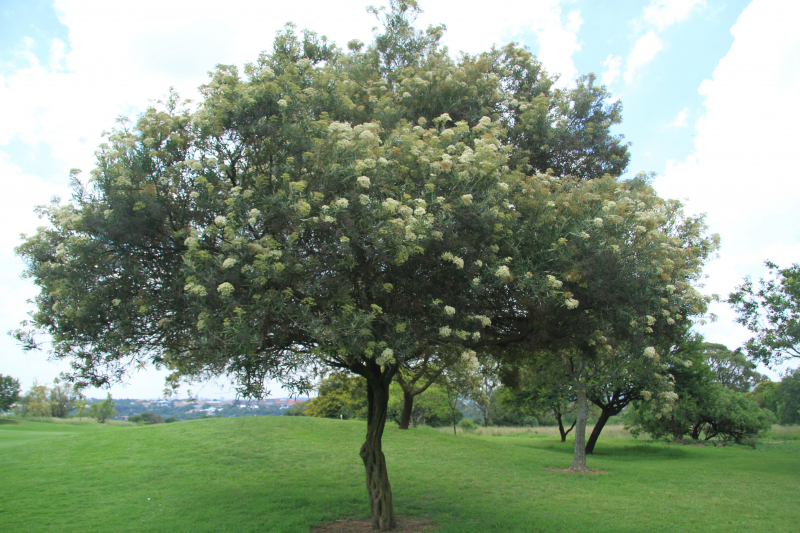
The place became a meeting venue, for various clans-people to converge and engage in all manner of cultural and commercial discourse during ancient times.
Located at a harbor, it was an advantageous place for Europeans to establish themselves for a continuous supply of fresh water and other resources while en route to the trading East.
Therefore Fort Frederick was built in 1799 and also served as an offensive post against the Xhosa people who continued to engage in a series of intermittent Frontier wars (1779 – 1879) against the Dutch and English settlers.
When the Napoleonic wars began in 1803, the already operational Fort Frederick was seen as an advantageous position to ward off any potential attacks from the French (luckily the French ignored this outpost).
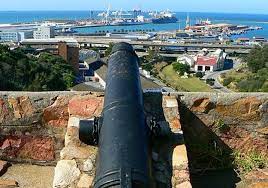
Over time, a formal English settlement was established in the area around the fort. This settlement grew, to become the second-oldest colonial city in South Africa.
Sir Rufane Donkin was the first governor here, a post in which he served from 1820 to 1821. His wife, Lady Elizabeth Donkin had fallen ill while they were stationed in India. She passed away in August 1818, prior to Rufane’s secondment to South Africa. In memory of his deceased wife, he renamed the new settlement Port Elizabeth (1820), and from here he welcomed some of the 4000 settlers who arrived in South Africa’s Cape Colony from England.
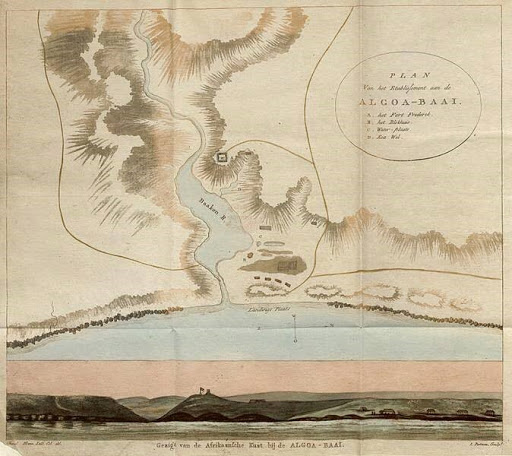
In this century (2020 onwards), with decolonization a pertinent narrative, which seeks to embrace the national heritage and identity of the original people, the re-adoption of the name Gqeberha is an integral step towards self-definition for those that have had so much of their roots whitewashed, glossed over and nearly forgotten.
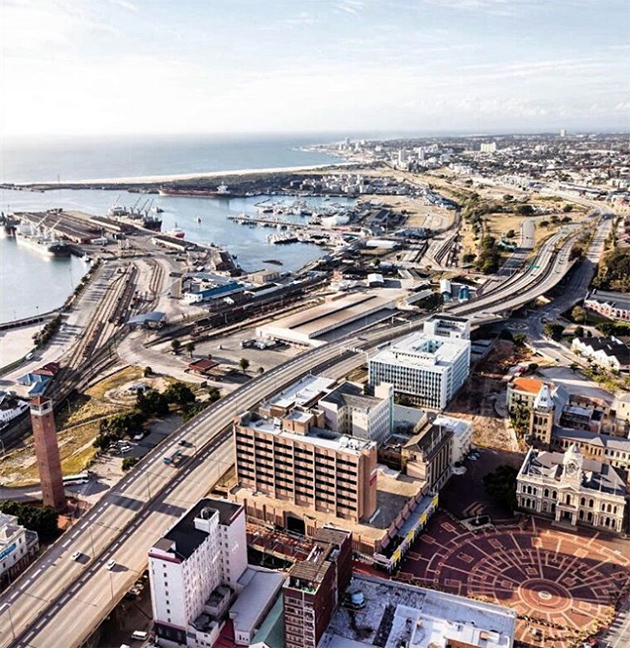
Visit Gqeberha
Read Further:
https://www.npr.org/2021/03/23/980234491/south-africas-port-elizabeth-will-now-be-called-gqeberha
https://www.uwc.ac.za/news-and-announcements/news/gqeberha-the-new-name-for-port-elizabeth
https://iono.fm/e/1010321 (radio audio file)
https://www.ispotnature.org/communities/southern-africa/view/observation/710608/false-olive
https://www.britannica.com/place/Port-Elizabeth-South-Africa
https://military.wikia.org/wiki/Xhosa_Wars
https://www.sahistory.org.za/place/donkin-mount-port-elizabeth
https://www.artefacts.co.za/main/Buildings/bldgframes.php?bldgid=65
